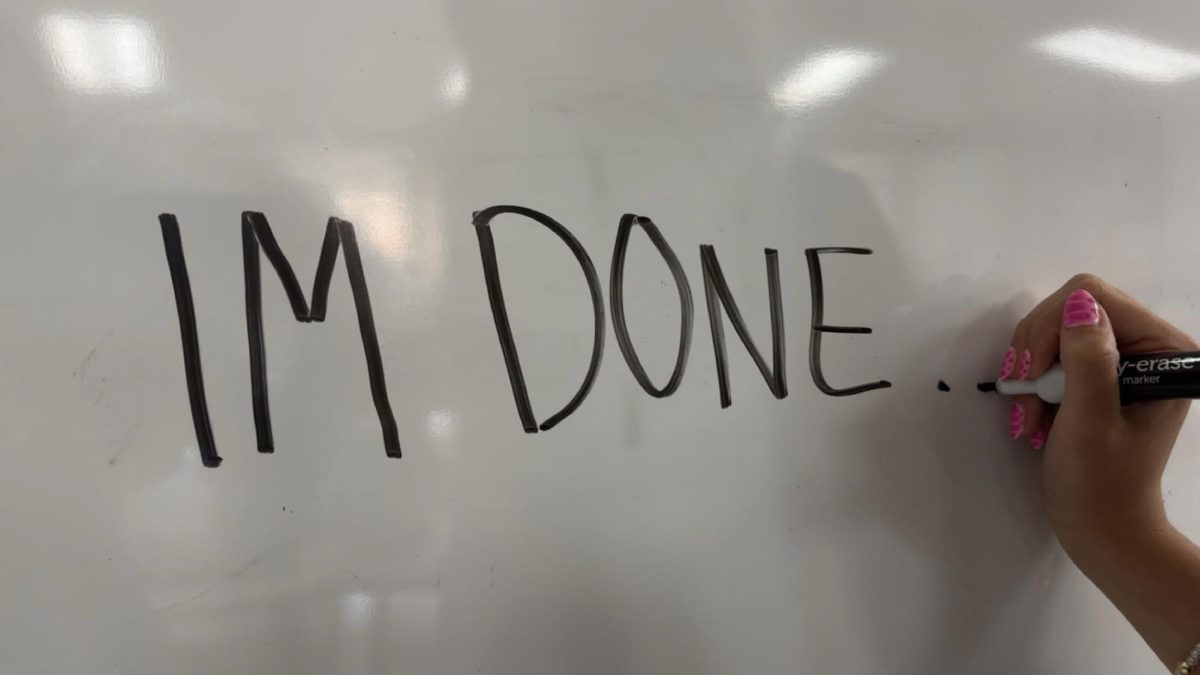I.S.S.: An Outdated Tradition Or A Necessary Mainstay?
Nov 19, 2021
While In-School Suspension (I.S.S.) is a popular form of discipline, whether or not it is an outdated or ineffective way of handling behavioral problems is debated. Others question how first-time offenders are often treated the same as those who are in I.S.S. frequently.
¨Do you need a program like in school suspension?” asked school psychologist Bobbi Oliver. ¨Absolutely, that is a way to shape behaviors while you’re still young.¨
Many believe that I.S.S. is more of a punishment rather than discipline–meaning it might not lead to a change in behavior. Many believe students should get more individual, therapeutic help instead of being made to stay quiet and complete work in a separate setting. Some believe that behavioral problems often get worse after I.S.S.
¨If we want to be good implementers of P.B.I.S., Positive Behaviors In Schools, if we want you all to really learn from it and to buy into it, then do you feel it would be better to have your input?¨ said Oliver. ¨So if you knew why it’s being assigned [I.S.S], why it’s being used, then it probably would deter behaviors that get you there [I.S.S.] in the first place.”
However, other people believe I.S.S. is not outdated and is effective, or they believe that it is a last-resort but something that should still sometimes be used. For safety and mental health reasons, sometimes, removal from the regular classroom setting is essential to help a student calm down or get the help they need. Mcnaughton believes that students sometimes need a “cool down space” and believes that there is still a place for I.S.S. in school. However, he does believe there are faults.
“The biggest fault that it has is that it removes kids from the classroom,” said Mcnaughton. “I don’t believe after-school detention can replace in-school suspension.”
Mcnaughton’s concern about removal from classroom instruction was echoed by senior Gavin Dombrowski.
“I do not think I.S.S is an effective form of punishment because it’s taking kids away from the learning that the teacher is actually providing in class,” said Dombrowski. “Just sitting there silently doesn’t really teach you anything; you can do a million things while you’re sitting there silently. It’s not going to help you decide to behave better.”
These discussions beg the question: what would replace I.S.S. as a more effective behavior-changing tool?

































